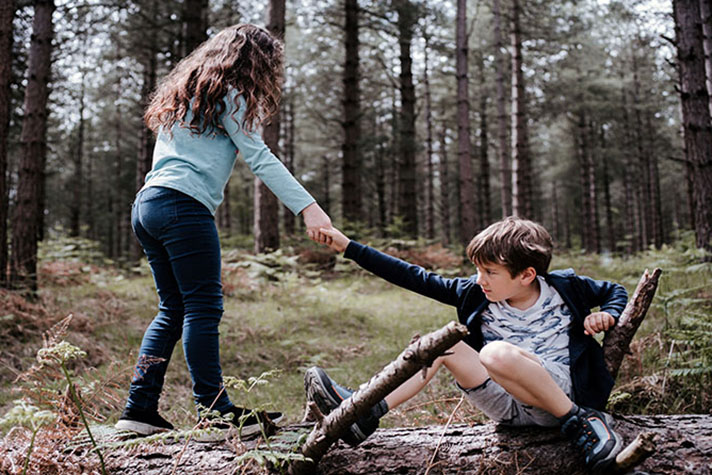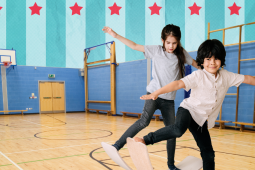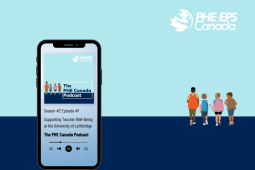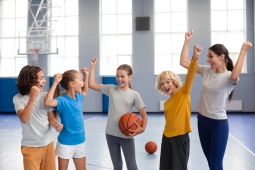Teacher to Teacher: What Support Do PHE Teachers in Canada Need Right Now?

Previously published in Volume 87, Issue 3
The ever-shifting ground of the pandemic has meant a lot of careful navigating for educators. We asked:
What Support Do PHE Teachers in Canada need right now?
Coming out of the Pandemic and with things trying to become normal again it is certain that our PHE Teachers across Canada will need support to continue being successful.
Here are some of the supports needed:
Resources: While the pandemic did address the need to have increased technology in the classroom/gymnasium, it would appear that this trend needs to continue.
- Increased support with the internet connection.
- The need for equipment, both in class and in the gymnasium.
- Mental health supports for both students and staff.
- Basically support for all levels of governance – ie. Principal, Staff, Support Staff, Students
More funds from School Division/Districts allotted for more staffing. Decrease the classroom size in order To help minimize stress levels of both students and staff.
It all comes down to finances. The more support we receive the better job that we will do.
Brian McMillan (Mick)
Physical Education Coordinator
Area 4 Office
Frontier School Division
President – PHE Manitoba
COVID-19 restrictions are changing in the PE environment. And with the ever-changing challenges – such as moving from from online to in-class, being allowed to use equipment, not being allowed to use equipment, the need to stay 6 feet apart, and changes in mask rules – teachers and students are just looking for the world to get back to normal.
At the beginning of the pandemic, many Physical and Health Education (PHE) teachers were made to feel that their subject was placed on the back burner. Then the importance of our profession became very relevant.
PHE teachers need more training in mental health. Teachers need to understand that outcomes and unit plans that we taught before the pandemic will come back, but the mental health and physical wellbeing of our students is our priority.
We have had some silver lining from the pandemic such as students and teachers embracing outdoor education. We need to continue with this trend as it has shown improvements in mental health. We have to be reminded as PHE specialists that our role has become more important to our students and that with proper training, funding and support we can continue to support our students in these areas.
Selena Davidson Eno, PE Specialist, NS, Bayview Community School, SSRCE.
I feel physical education teachers right now need consistency. The past two years have been so chaotic in trying to follow different rules, modifications to our regular practice, in-school, virtual, gyms open, closed and so many more. Students have lost the trust in the system that delivers activity, and the essential relationships that support the enjoyment, skill development and engagement in physical education, activity and sport. We need six months of consistency to help our students rediscover their passion and love for physical activity.
Colin Pybus
Vice-Principal / Physical Education Teacher
East Three Secondary School
Inuvik, Northwest Territories








